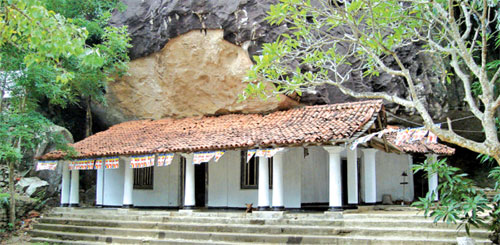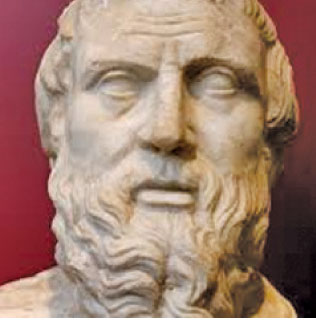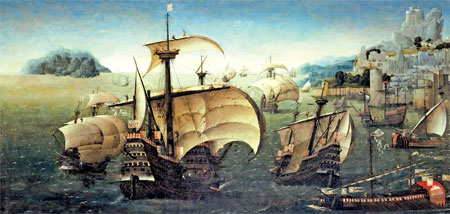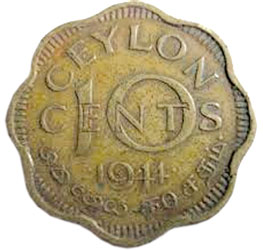History repeats itself
by Husna Inayathullah
 The history of a country is its life. Deprive it of its noble deeds,
the intellectual vigor of its great men and women, its wonderful
inventions, the bravery of its heroes, and that country is dead. The history of a country is its life. Deprive it of its noble deeds,
the intellectual vigor of its great men and women, its wonderful
inventions, the bravery of its heroes, and that country is dead.
"A country without ruins is a country without memories,
A country without memories, is a country without a history."
At present, many children question as to why they should study
History as a subject which is considered boring for most. They question
as to why they should bother with what happened in the past and as to
what its significance is to them.
This idea should be removed from children. The importance and
significance of history are plenty. If you really understand it, then
history would be one of your favourite subjects.
|

Herodotus |
The history of Sri lanka begins around 30,000 years ago when the
island was first inhabited. Chronicles, including the Mahavamsa, the
Dipavamsa, the Chulavamsa and the Rajavaliya, record events from the
beginning of the Sinhalese monarchy in the 6th century BC through the
arrival of European colonialists in the 16th century and to the
disestablishment of the monarchy in 1815.
Some mention of the country is found in the Ramayana, the Mahabharata
and the Lankavatara Sutra Mahayana Buddhism texts of Gauthama Buddha's
teachings. Buddhism was introduced in the 3rd century BC by Arahat
Mahinda (son of Indian emperor Asoka). From the 16th century, some
coastal areas of the country were ruled by the Portuguese, Dutch and
British. Sri Lanka was ruled by 181 Kings and Queens from the
Anuradhapura to Kandy periods. After 1815 the entire nation was under
British colonial rule and armed uprisings against the British took place
in the 1818 Uva Rebellion and the 1848 Matale Rebellion. Independence
was finally granted in 1948 but the country remained a Dominion of the
British Empire.
 In 1972 Sri Lanka assumed the status of a Republic. A Constitution
was introduced in 1978 which made the Executive the head of State.
History is being regarded as 'his-story', 'his' represents mankind, and
story has something to do with what had happened. In Greek the term for
history is "historia", which stands for knowledge acquired through
investigation. The word history was therefore derived from the Greek
term historia. In 1972 Sri Lanka assumed the status of a Republic. A Constitution
was introduced in 1978 which made the Executive the head of State.
History is being regarded as 'his-story', 'his' represents mankind, and
story has something to do with what had happened. In Greek the term for
history is "historia", which stands for knowledge acquired through
investigation. The word history was therefore derived from the Greek
term historia.
Herodotus was a Greek historian who was born in Halicarnassus, Caria
at present known as Turkey and lived in the fifth century BC (484-425
BC). Herodotus is widely referred to as "The Father of History", he was
the first historian known to collect his material systematically and
critically, and arrange them into a historiographic narrative.
While we are living we plan and worry about the future. History,
however, is the study of the past. The word history has many meanings.
It is an account of past events, in sequence of time, it is the study of
past events, their causes and results. History gives us explanation for
past events. Those explanations are used to understand the relationship
of then and now. Studying history comes handy in different fields
because it helps us to avoid mistakes that have happened in the past.

We might find answers as to why these happened. It would serve as a
lesson. Through history we can do things correctly. We might do much
better than before because we already know its history. Besides,
everything that is happening today is the product of history.
It helps us become more efficient in decision making. We learn
through history, how to be interested in things that may affect our
lives in the present and even in the future. Through history, we are
able to come up with solutions to our problems without the tedious
process of trial and error.
The study of history provides us with ready and instant solutions to
our problems without the danger of making more mistakes. It gives us a
guide that would lead us to progress and development. It also inspires
us to try new things and to beat the achievements of great persons, what
is more, we should be aware that history repeats itself. |

